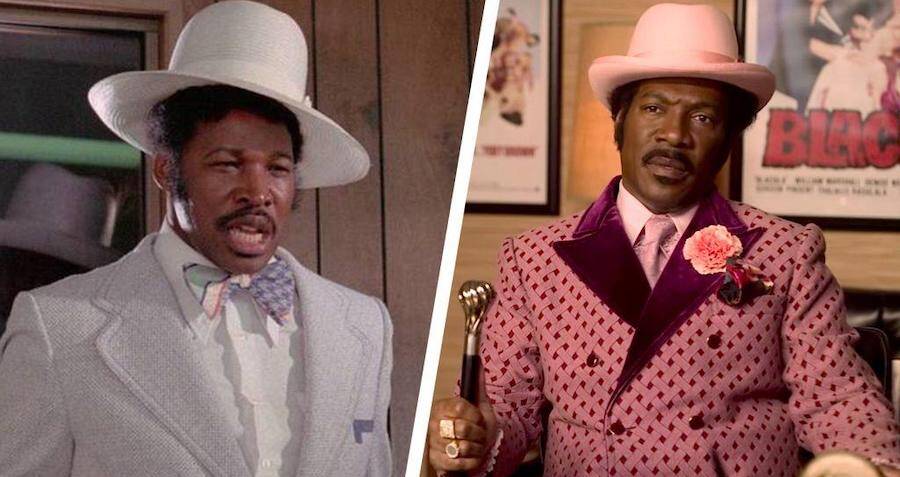Rudy Ray Moore: Family Confirms Longstanding Rumors 16 Years After His Death
Sixteen years after the death of iconic comedian and actor Rudy Ray Moore, known best for his legendary character “Dolemite,” his family has finally spoken out to confirm longstanding rumors surrounding his life.
Moore, who died in 2008 at age 81, remains a significant cultural figure whose influence extends from comedy and film into hip-hop.
Born in Fort Smith, Arkansas, Rudy Ray Moore’s journey to stardom was anything but straightforward. After serving in an entertainment unit of the U.S. Army, Moore moved through several cities, performing comedy, singing, and preaching.
Ultimately settling in Los Angeles, he gained recognition performing in local clubs, combining rhythm and blues music with stand-up comedy.
Moore’s big breakthrough came with his character “Dolemite,” inspired by street stories from a local raconteur named Rico. Transforming these tales into comedy albums—infamous for their explicit humor and raw storytelling—Moore rapidly gained popularity within African-American communities.

While mainstream radio and record stores hesitated to distribute his work due to its risqué content, Moore’s albums flourished underground, building a dedicated following.
In 1975, Moore invested nearly all his savings into producing the film Dolemite, a groundbreaking entry in the Blaxploitation genre. Playing a flamboyant, kung-fu-fighting pimp who protected his community from corruption, Moore created a character beloved for his humor, audacity, and larger-than-life persona.
Although critics argued the film reinforced negative stereotypes, many fans saw Dolemite as empowering—a bold figure unapologetically taking charge in a racially divided Hollywood.
Despite his public flamboyance, Moore maintained intense privacy regarding his personal life, fueling speculation about his sexuality. Recently, close friends and family have confirmed the rumors: Rudy Ray Moore was indeed bisexual, though he never publicly discussed his sexuality, likely due to stigma and the fear of damaging his career.

According to entertainer Stanton Z. LaVey, Moore’s overtly xual “Dolemite” persona served partly as a shield, allowing him to maintain privacy and deflect scrutiny about his true self. His family’s confirmation has now provided clarity on this previously ambiguous aspect of his life.
Moore’s legacy extends far beyond comedy and cinema. His raw, boundary-pushing approach significantly influenced the development of hip-hop. Rap artists such as Snoop Dogg and 2 Live Crew have openly acknowledged Moore’s impact, crediting him with paving the way for the explicit and authentic expression central to hip-hop music.

Interest in Rudy Ray Moore surged again in recent years due to the 2019 Netflix film Dolemite Is My Name, starring Eddie Murphy. Originally conceived in the early 2000s but shelved due to lack of studio interest, the movie finally materialized, earning critical acclaim and renewed appreciation for Moore’s contributions to entertainment and black culture.
Today, Rudy Ray Moore is remembered as a cultural pioneer who boldly challenged conventions, creating lasting impact in comedy, film, and music. His family’s revelation about his sexuality not only adds depth to his personal story but reinforces his courage in confronting—and overcoming—the barriers of his era.






